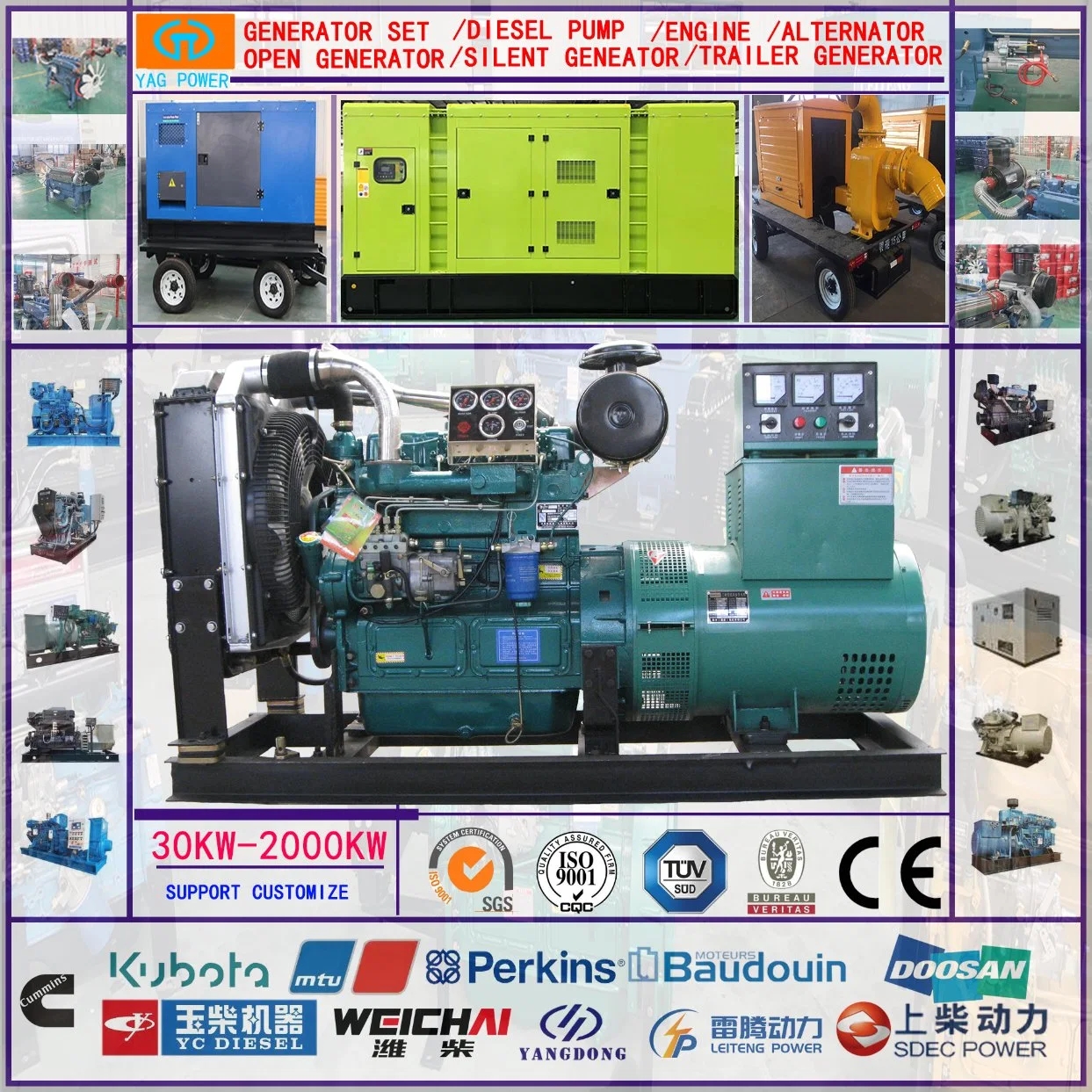Introduction
Electromagnetic Compatibility (EMC) testing is a critical process in the development and certification of electronic and electrical devices. It ensures that these devices can operate in their intended electromagnetic environment without causing interference to other devices or being susceptible to external interference. To conduct accurate and reliable EMC testing, a stable and clean power supply is essential. In many cases, diesel generators are the preferred choice for providing the necessary power during EMC testing due to their reliability, durability, and ability to deliver consistent power output.
This article explores the importance of diesel generators in EMC testing, their key features and benefits, as well as considerations for selecting the right generator for EMC testing applications.
Importance of Reliable Power Supply in EMC Testing
EMC testing involves subjecting electronic and electrical devices to various electromagnetic conditions to assess their performance and compliance with regulatory standards. During these tests, devices are exposed to electromagnetic fields, conducted emissions, and radiated emissions, among other factors. Any fluctuations or interruptions in the power supply during testing can lead to inaccurate results and potentially damage the devices under test.
A reliable power supply is essential to ensure the consistency and accuracy of EMC testing results. Diesel generators are well-suited for this purpose due to their ability to provide stable power output even in challenging conditions. They offer a dependable source of electricity that can support the demanding requirements of EMC testing facilities, including high power loads and extended testing durations.
Key Features and Benefits of Diesel Generators for EMC Testing
1. Reliability: Diesel generators are known for their reliability and durability, making them a popular choice for applications where a continuous power supply is essential. They can operate for extended periods without interruptions, ensuring that EMC testing procedures proceed smoothly without any power-related issues.
2. Consistent Power Output: Diesel generators are capable of delivering consistent power output, which is crucial for maintaining the integrity of EMC testing results. Fluctuations in power supply can affect the performance of electronic devices under test and lead to inaccurate readings. Diesel generators provide a stable power source that meets the stringent requirements of EMC testing standards.
3. High Power Capacity: EMC testing often requires high power loads to simulate real-world operating conditions for electronic devices. Diesel generators are available in a wide range of power capacities, allowing testing facilities to select a generator that can meet their specific power requirements. Whether conducting radiated emissions testing, conducted emissions testing, or susceptibility testing, diesel generators can deliver the necessary power output.
4. Durability: Diesel generators are designed to withstand harsh operating conditions, making them well-suited for use in EMC testing environments. They are built with robust components that can withstand high temperatures, vibrations, and other factors commonly encountered during testing procedures. This durability ensures that diesel generators can perform reliably over an extended period, minimizing downtime and maintenance costs.

5. Fuel Efficiency: Diesel generators are known for their fuel efficiency, making them a cost-effective choice for powering EMC testing facilities. The energy density of diesel fuel allows generators to produce more power per unit of fuel compared to other types of generators, resulting in lower operating costs in the long run.
Considerations for Selecting a Diesel Generator for EMC Testing
When choosing a diesel generator for EMC testing applications, several factors should be taken into consideration to ensure optimal performance and reliability:
1. Power Capacity: The power capacity of the generator should be sufficient to meet the peak power demands of the EMC testing equipment and devices under test. It is essential to calculate the total power requirements of the testing facility and select a generator with a suitable power rating to handle the load.
2. Voltage Stability: Voltage stability is crucial for EMC testing, as fluctuations in voltage can affect the performance of sensitive electronic devices. Diesel generators with built-in voltage regulation systems can help maintain a stable voltage output within acceptable limits, ensuring consistent testing conditions.
3. Emission Levels: Diesel generators are known for producing emissions during operation, including exhaust gases and noise. It is essential to select a generator that complies with environmental regulations and emission standards to minimize the impact on the testing environment and ensure compliance with local regulations.
4. Maintenance Requirements: Regular maintenance is essential to keep diesel generators in optimal operating condition. Consider 150kw diesel generator for remote engineering projects of the generator, including filter replacements, oil changes, and routine inspections, to ensure reliable performance during EMC testing procedures.
5. Noise Levels: Diesel generators can produce noise during operation, which may impact the testing environment and interfere with sensitive measurements. Choose a generator with low noise levels or consider implementing soundproofing measures to minimize noise disturbances during EMC testing.
Conclusion
Diesel generators play a crucial role in providing a reliable and stable power supply for EMC testing facilities. Their reliability, consistency, and high power capacity make them well-suited for powering the demanding requirements of EMC testing procedures. By selecting the right diesel generator based on factors such as power capacity, voltage stability, emission levels, maintenance requirements, and noise levels, testing facilities can ensure accurate and reliable EMC testing results while minimizing downtime and operational costs. Diesel generators are an indispensable asset in the field of EMC testing, enabling the development and certification of electronic and electrical devices that meet stringent regulatory standards for electromagnetic compatibility.
